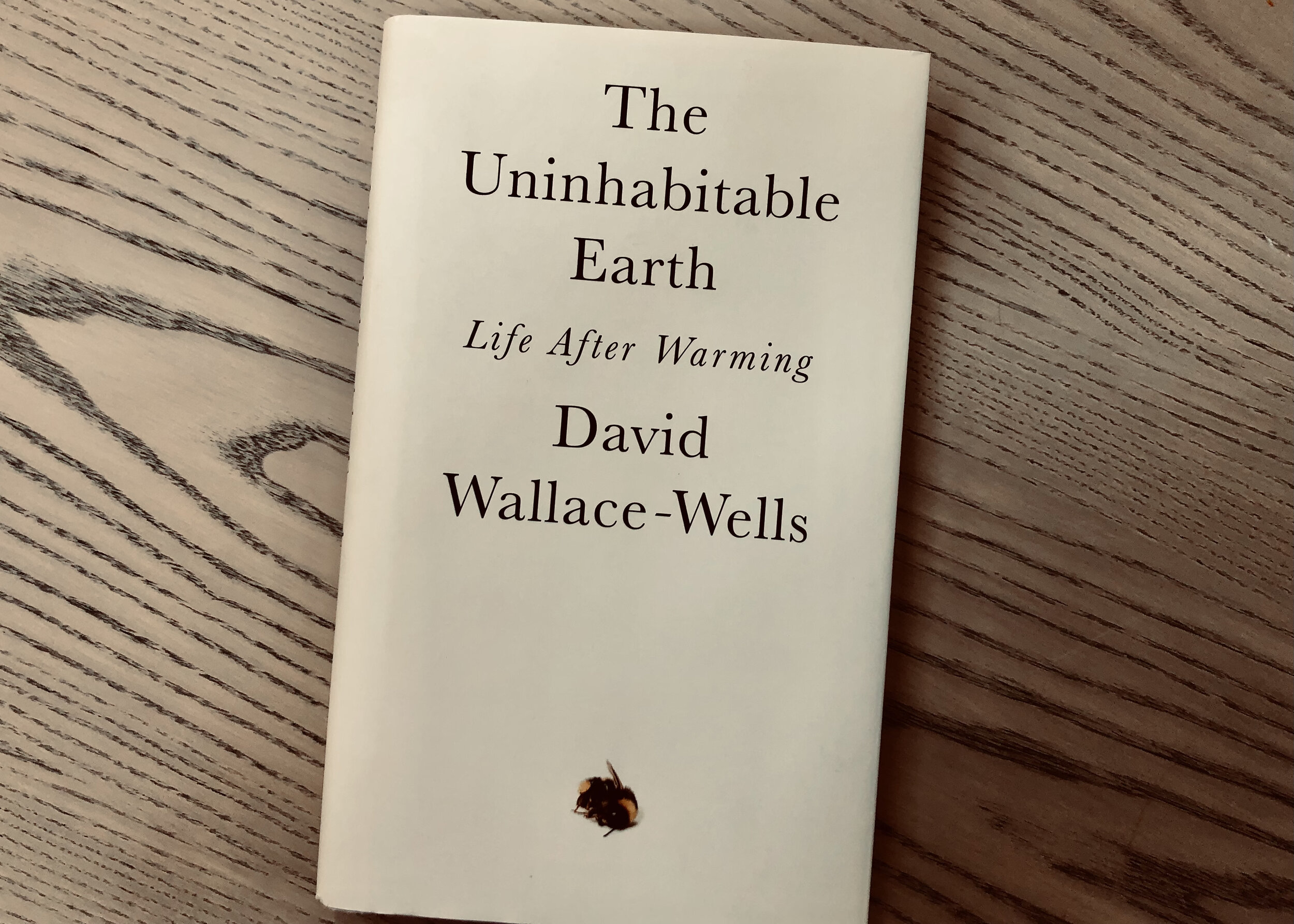“Some climate cascades will unfold at the global level – cascades so large their effect will seem, by the curious legerdemain of environmental change, imperceptible. A warming planet leads to melting Arctic ice, which means less sunlight reflected back to the sun and more absorbed by the planet-warming faster still, which means an ocean less able to absorb atmospheric carbon and so a planet-warming faster still. A warming planet will also melt Arctic permafrost, which contains 1.8 trillion tons of carbon, more than twice as much as is currently suspended in the earth’s atmosphere, and some of which, when it thaws and is released, may evaporate as methane, which is thirty-four times as powerful a greenhouse-gas warming blanket as carbon dioxide when judged on the timescale of a century; when judged on a timescale of two decades, is eighty-six times as powerful. A hotter planet is, on the net, bad for plant life, which means what is called “forest dieback” – the decline and retreat of jungle basins as big as countries and woods that spread for so many miles they used to contain whole folklores – which means a dramatic stripping-back of the planet’s natural ability to absorb carbon and turn it into oxygen, which means still hotter temperatures, which means more dieback, and so on. Higher temperatures mean more forest fires means fewer trees means less carbon absorption, means more carbon in the atmosphere, means a hotter planet still – and so on. A warmer planet means more water vapor in the atmosphere, and, water vapor being a greenhouse gas, this brings higher temperatures still – and so on. Warmer oceans can absorb less heat, which means more stay in the air, and contains less oxygen – which leaves us with more carbon, which heats the planet further. And so on. These are the systems climate scientists call “feedbacks”; there are more. Some work in the other direction, moderating climate change. But many more point toward an acceleration of warming, should we trigger these. And just how these complicated, countervailing systems will interact – what effects will be exaggerated and what undermined by feedbacks – is unknown, which pulls a dark cloud of uncertainty over any effort to plan ahead for the climate future. We know what a best-case outcome for climate feedback looks like, however unrealistic because it quite closely resembles the world as we live on it today. But we have not yet begun to contemplate those cascades that may bring us to the infernal range of the bell curve.”
David Wallace-Wells
The Uninhabitable Earth: Life After Warming (2019)
John Oró, MD, FAANS
paleoterran@icloud.com
